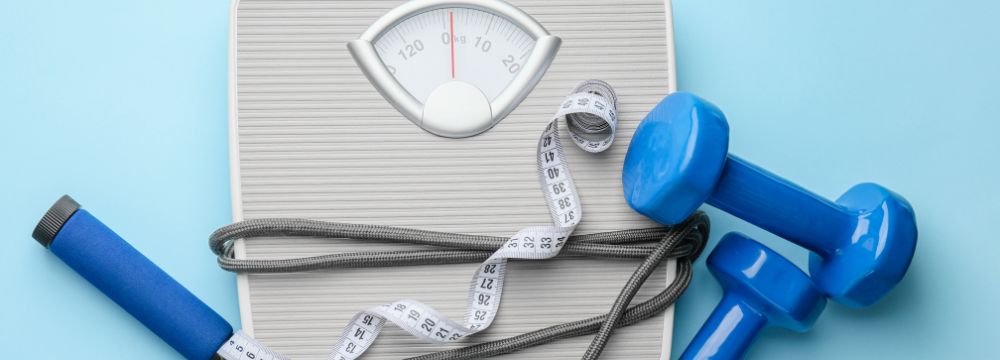
One of the best things someone can do before bariatric surgery is to prepare themselves as much as possible. This can be done by talking with your healthcare provider, attending educational classes, talking to someone else who has been through the same experience, and researching. Here are four things we wish patients knew before having bariatric surgery.
Surgery Is Not the Easy Way Out
Many people believe getting bariatric surgery is the easy way out, but that is far from the truth. No matter the surgeon, operation, and facility you use for bariatric surgery, you must do the work before getting surgery. You’ll have multiple appointments, tests, and classes to attend before surgery day. You will also need to lose weight before surgery through a comprehensive pre-op liver-shrinking diet.
The classes you may be required to attend provide education on the surgical procedure, pre-op preparations, post-op expectations, and post-op care. It would help if you also prepared your home before surgery with groceries and supplies, so everything is ready to go when you get home. There is also an emotional aspect to having weight loss surgery which some people may struggle with. Before their procedure, patients must create a comprehensive support team, including family and friends. Bottom line? Bariatric surgery is not the easy way out. The easy way would be to avoid making the hard decisions to change and improve your health.
Diet and Exercise Are Expected Before and After Surgery
Yes, diet and exercise are still needed after you have bariatric surgery. Getting the surgery will not be the end of the journey – it’s more of a weight loss tool than a cure. Diet preparation usually starts about two weeks before surgery. The pre-op diet includes protein shakes and hydration. This helps make an easier transition to the liquid diet required in the week after surgery and the diet progression after that.
After surgery, recovery time is needed; this period is critical to adjust to the dietary changes necessary to adhere to your post-op diet. In most cases, you will be on an all-liquid diet for about two weeks. After this, you transition to pureed, chopped, and solid foods. This entire process usually takes about six weeks. Even when you transition to full solids, you should continue to lead a healthy lifestyle, including proper diet and exercise according to your post-op instructions. It is essential to follow the diet guidelines provided to you by your bariatric surgeon to prevent complications.
Post-op Expectations
After surgery, you will have a few hours to recover and wake up from anesthesia. Your healthcare team will monitor your vitals and ask about your pain level. They will administer pain medication if needed. Pain is personal, and everyone experiences it differently. Your doctor will want you comfortable but not so medicated that you can’t stay awake.
A healthcare team member will be monitoring to ensure you urinate after surgery promptly. Some people will experience urinary retention after surgery and require extra fluids or catheterization. Urine output and color will be monitored because hydration is essential. You will likely be on IV fluids for at least 12 – 24 hours after your surgery.
You may also be taught how to use an incentive spirometer device. You should use this ten times an hour during your awake hours. The incentive spirometer helps exercise and expand your lungs after surgery to prevent pneumonia. You will also be expected to wear a compression device on your lower legs while you are in bed after surgery. This will gently squeeze your legs to aid blood circulation and prevent blood clots.
Getting out of bed and walking when you are fully awake from anesthesia is a must. Some people resist this because they want to stay in bed and rest, but there are reasons why your healthcare team wants you up moving. Firstly, walking helps circulate blood and prevent potentially deadly blood clots. Secondly, walking helps release gas from the body. During surgery, the abdomen is inflated. This leaves the air in the abdomen, which can cause discomfort or pain if you don’t release it. The best way to get rid of that excess air is by walking.
Having Bariatric Surgery Is Not Just About Losing Weight
Everyone wants to look good physically, but that is not what having bariatric surgery is about. Obesity is linked to several diseases, including diabetes, heart disease, stroke, hypertension, high cholesterol, and many more. These medical conditions negatively affect our health, reduce the quality of life, and can cause death. Bariatric surgery combined with diet and exercise will help reduce the risk of these diseases. Having weight loss surgery is not just about losing weight; it’s about improving health and quality of life.
Of course, bariatric surgery is a personal decision you must make in conjunction with your medical team and possibly your family and friends. In the end, you must be ready to change your life in the dietary and exercise realms. The first step to doing this is watching our online seminar, where you can learn more about the procedures we offer and what to expect before and after surgery. From there, we encourage you to schedule an appointment with our office and meet one of our bariatric surgeons.









